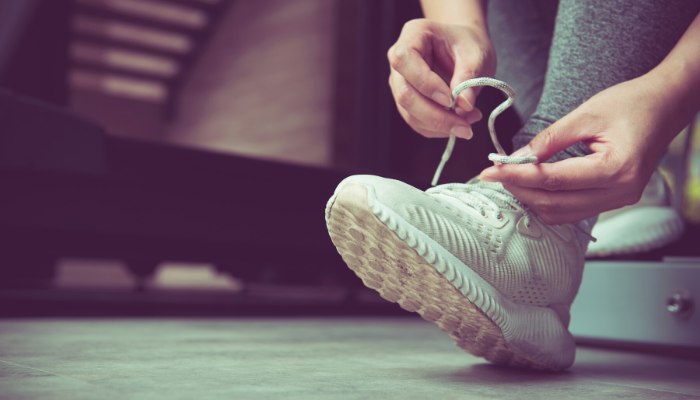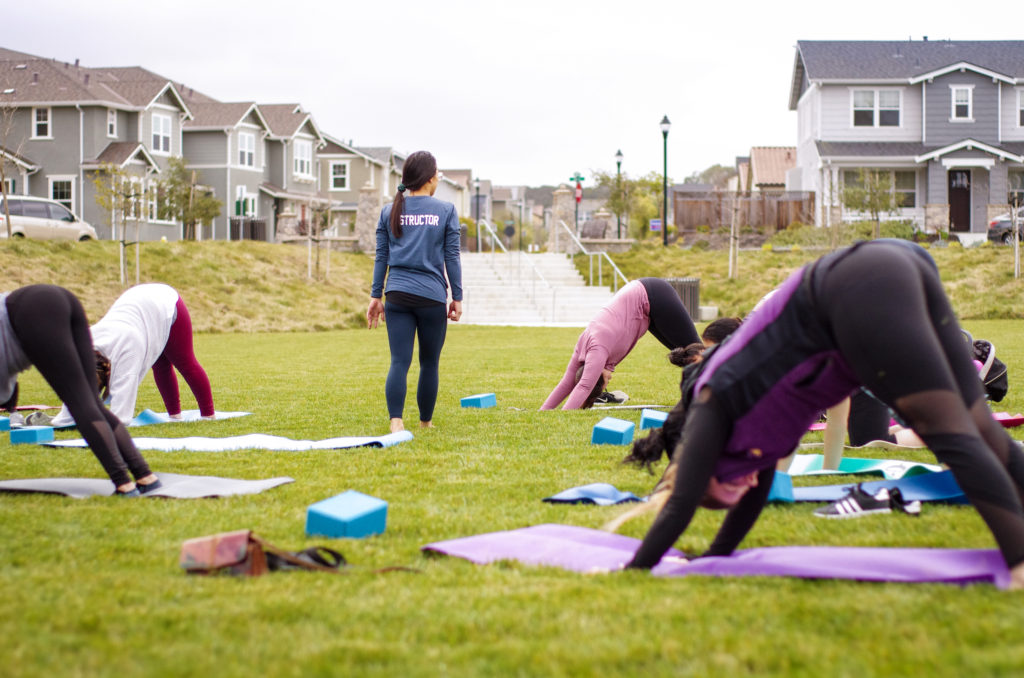

Mental health has never been on our minds as much as these last few months and weeks. A deadly pandemic, state and nationally imposed shelter in place, basic everyday items like toilet paper, milk and flour being hard to find on top of the most recent political and racial unrest sweeping the country… We have more than one good reason to be feeling anxious, angry, confused and frustrated. Such unease with the current state of affairs can leave us feeling disheartened, disempowered, distracted and unproductive at work.
There are many things one can do to minimize the detrimental effects of the constantly changing news and outside sources of stress.
You can:
- opt out of receiving daily newsletters from your preferred newspapers and websites,
- keep a gratitude and positivity journal,
- continue socializing from a distance or online with friends and family,
- enforce a strict no-distraction policy during your work hours,
- strengthen feelings of kindness and connection toward others with a Loving-Kindness Meditation.
You can also engage in regular physical activity!
Physical exercise has both a preventative and ameliorative function in relation to wellbeing.
No kidding! Exercising 4-5 times a week is like having your brain on steroids when it comes to productivity and sensations of wellbeing.

The Brain Health benefits of physical activity are numerous. Among other things, exercise improves:
- cognitive function
- sleep
- reduction in anxiety
- reduction in depression risk
And the benefits of exercise on mental health are twofold: both acute and chronic, which means you will experience benefits immediately after exercising for the first time and the you will experience increased cumulative benefits over time.
Exercise: A Magic Pill?
As we go about our days, we experience stressors that immediately affect our mood and emotional state, potentially triggering feelings of anger, confusion, depression and tension.
Luckily, there is a pill for that: you guessed it, exercise!
If you work in a high-demand work environment, scheduling physical activity throughout your day like talking a late morning walk with your coffee, planning a lunchtime yoga session can both enhance your mood and cognitive function!
Observed immediate postexercise benefits include:
- Enhanced memory
- Processing Speed
- Executing Function
- Increased feeling of energy
- Overall Increased Productivity
After only 10 minutes of exercise, you start feeling positive changes in your mood and anxiety level. After 20 minutes or more, the improvement increase significantly.
As a result, professionals who experience these benefits after a lunch time walk or yoga session perceive themselves as being more productive, leading to greater mood and lower anxiety. This loop then simply needs to be repeated to continue reaping major benefits over time.

A Powerful Prescription
If you are already prone to anxiety or mood disorders, you will find yourself experiencing lighter symptoms over time with regular physical activity in your life.
In fact, adults who engage in 150 minutes of moderate to vigorous-intensity physical activity every week have over 20% reduced risk of incident depression. Moreover, children, adults and older adults who exercise regularly experience lower anxiety levels and are 26% less likely to develop anxiety compared to those who are less active.
If you have a long history of mental health challenges such as depression and anxiety, you’re in luck! Exercise can alleviate your symptoms! That’s the reason why exercise is so often recommended by doctors as part of the prescription for their patients experiencing mental health issues.
Not only can you administer your own prescription with exercise, but it also has less negative side effects than traditional medication.
As a matter of fact, evidence suggests that while medication provides a quicker reduction in depression symptoms, exercises provides the same benefits over 16 weeks and reduces the likelihood of relapse.

What Next?
If you have been exercising regularly, keep up the regimen! The day you stop for any reason (illness, vacation, busy week at work), you will start noticing how much physical exercise has a positive impact on your daily mental health.
If you exercise from time to time, now would be the time to add one or two session every week!
If you have not exercised at all in the last years or very rarely, start off with 10 minutes of light exercise and make your way up in time and intensity as you acclimate to your new activity.
In order to reap the mental boost and productivity benefits of physical activity, you should ultimately aim to exercise at least 150 minutes throughout the week at a moderate intensity or more.
Here are 10 activities you can do at little to no cost :
- Walking
- Running
- Cycling
- Rollerblading
- Swimming
- Playing Basketball or Football
- Hiking
- Yoga
- Dancing
- Group Fitness Class

You may have already tried to ramp up your physical activity in the past and failed. The key is to keep trying and find the type of exercise you enjoy the most! You may do better on your own or prefer the company of others such as with group sports and classes. Stay true to your inner self and find ways to move your body that feel good and fun!
